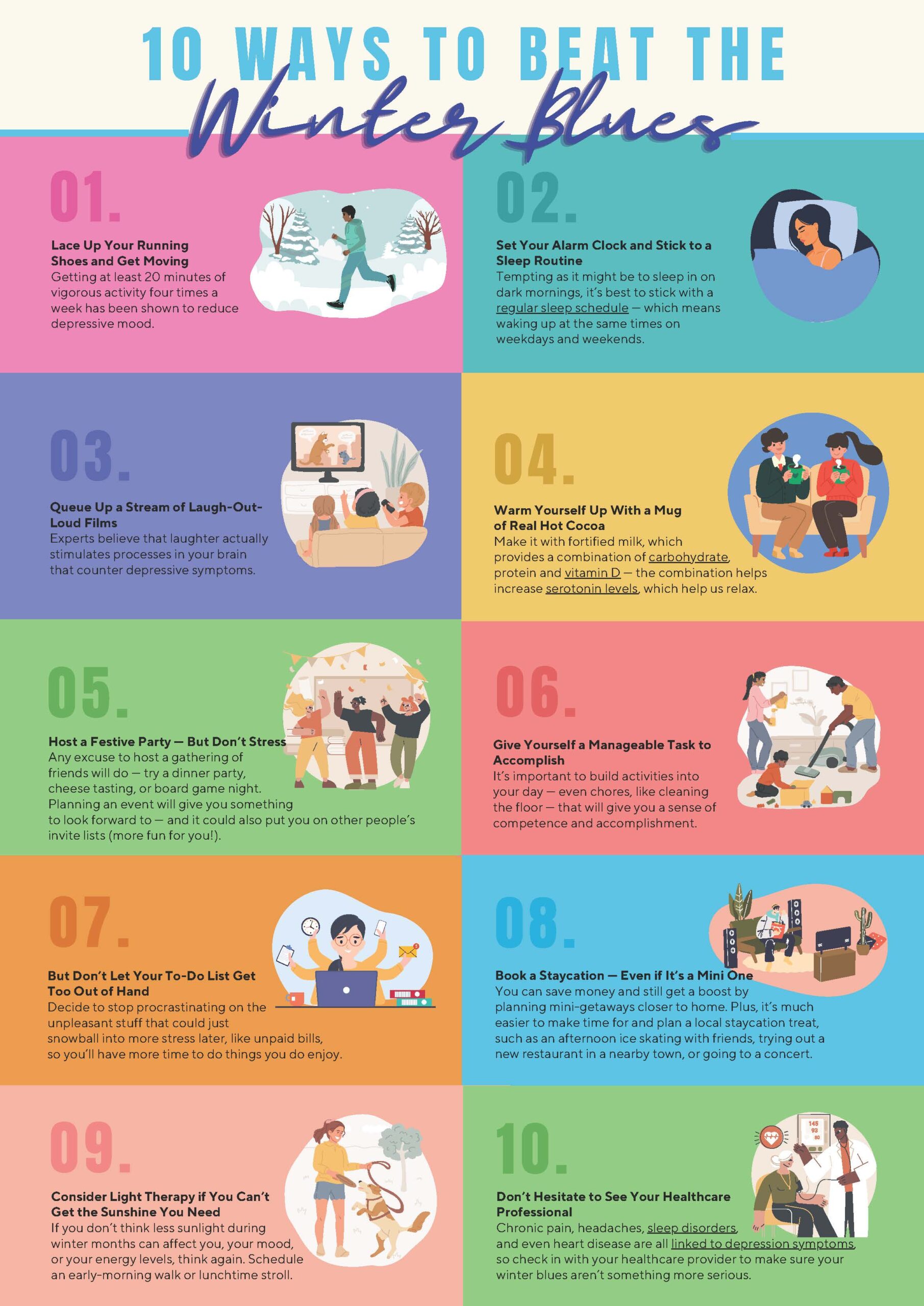Are you experiencing too much stress in your life? Is it affecting your health, emotional wellness, or quality of life?
It is normal to experience the ups and downs of stress, and stress can even help us to learn and grow. But if our stress is greater than our ability to handle it, meaning that our stress starts to affect our mental, emotional, or physical wellbeing, it can be considered chronic stress and is something that we might want to address.
If you are experiencing chronic stress, there are likely many reasons, from social and environmental factors (like financial stress, employment issues, relationship stressors, or stressful living conditions) to personal factors (like physical, emotional, mental, or spiritual reasons). It can be important to acknowledge that many of our reasons for chronic stress may come from situations we have little control over, and have had little to no part in creating, like the current state of society or of the natural environment.
When our world is out of balance, we become affected by it. And while changing the larger state of our world or society takes time and collective action, there is so much that we can do in the meantime within our own personal lives to help to reduce our stress and increase our happiness and quality of life.
Don’t have much time? Don’t have much money? Here are things you can do that don’t take a lot of time or money to help with chronic stress:
- Take care of your body. Go for a daily walk. Even if it’s for 10 minutes, just walk, get some air, give your body some light movement, and your mind a rest. If possible, choose a place to walk with some nature or some beauty. Try this guided walking meditation today.
- Breathe. Sighing releases stress and tension. Try taking some deep breaths throughout the day, followed by a long, deep, audible sigh. It helps! Really want to take it deeper? Try sighing repeatedly until it makes you yawn. This is a great thing to do while lying in bed before sleep! Here’s a short video on breathing to calm stress and anxiety.
- Meditate. Taking 5 minutes out of your day for a simple meditation is a great way to destress. Try this podcast for an easy and effective place to start!
- Go to bed at a decent time. According to traditional Chinese medicine (my personal expertise), not only is having enough sleep important, but the times we sleep can make a big difference as well. Being in deep sleep between the hours of 11pm and 1am is important for getting deep restoration and repair. Here are our resource picks for better sleep.
- Release your day every night. Spend some time before you go to sleep every night reviewing and letting go of your day. When you are sitting in bed, or lying down, let your day come into your awareness. Is there anything that stands out, anything that is still causing you stress? Breath in, being present with the experience that’s causing you stress. As you breath out, visualize the experience drifting farther and farther away from you, until it disappears into the distance. Do this a few times, with whatever feels stressful for you, until your day feels neutral. Then, enjoy a restful sleep!
For even more resources, check out our list of stress relief resources.



